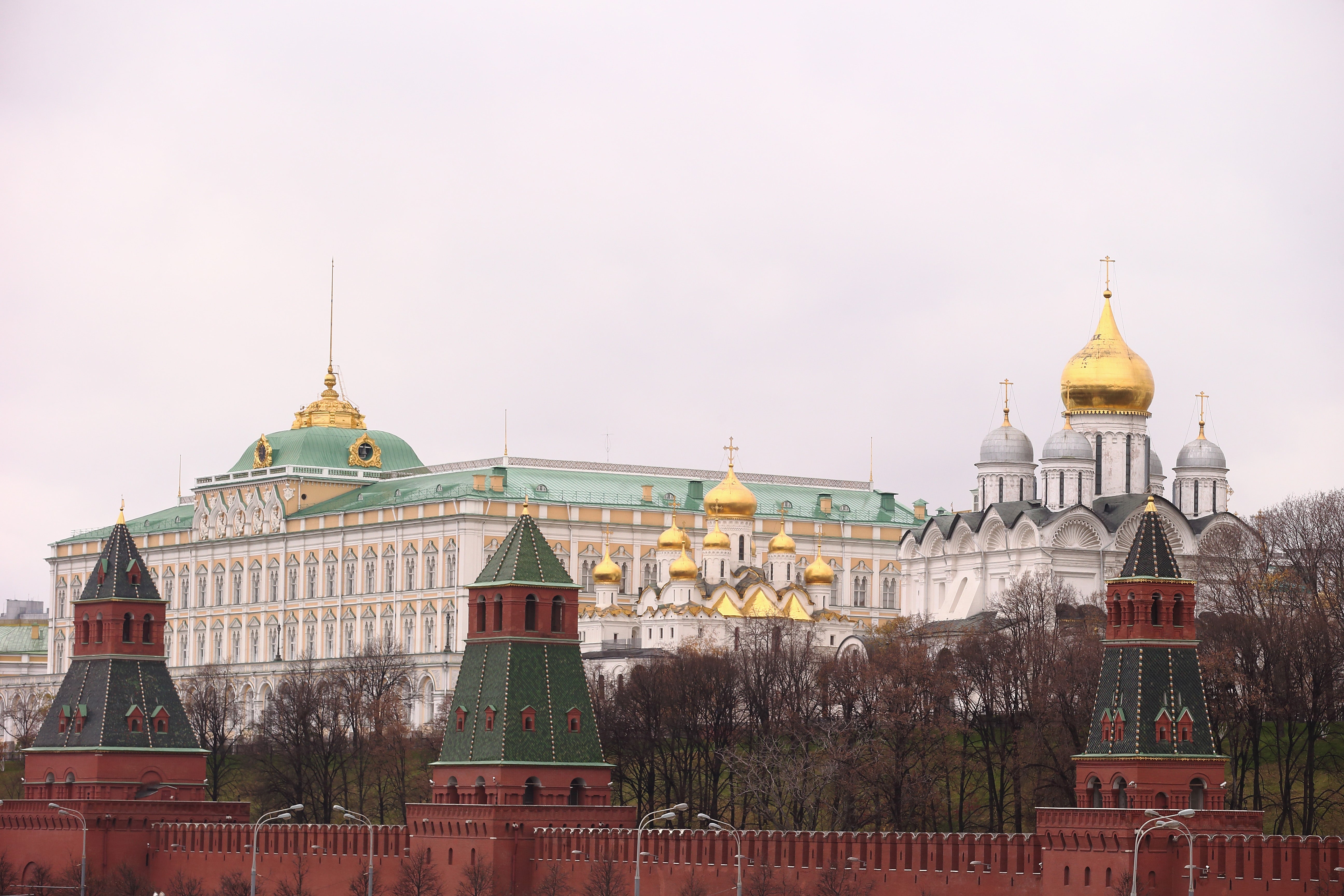Kremlin downplays impact of sanctions imposed by US and EU over Navalny but will retaliate
‘We consider such decisions to be absurd, unjustified and most importantly, they have no effect or meaning’

Your support helps us to tell the story
From reproductive rights to climate change to Big Tech, The Independent is on the ground when the story is developing. Whether it's investigating the financials of Elon Musk's pro-Trump PAC or producing our latest documentary, 'The A Word', which shines a light on the American women fighting for reproductive rights, we know how important it is to parse out the facts from the messaging.
At such a critical moment in US history, we need reporters on the ground. Your donation allows us to keep sending journalists to speak to both sides of the story.
The Independent is trusted by Americans across the entire political spectrum. And unlike many other quality news outlets, we choose not to lock Americans out of our reporting and analysis with paywalls. We believe quality journalism should be available to everyone, paid for by those who can afford it.
Your support makes all the difference.The Kremlin on Wednesday played down the impact of sanctions imposed by the United States and the European Union over Moscow's treatment of opposition politician Alexei Navalny, but said it would retaliate with reciprocal measures.
In President Joe Biden's most direct challenge yet to the Kremlin, the United States on Tuesday imposed sanctions to punish Russia for what it described as Moscow's attempt to poison Mr Navalny with a nerve agent last year.
Mr Navalny, 44, fell ill on a flight in Siberia in August and was airlifted to Germany, where doctors concluded he had been poisoned with a nerve agent. The Kremlin has denied any role in his illness and said it has seen no proof he was poisoned.
Washington on Tuesday imposed sanctions against seven senior Russian officials and on 14 entities.
The United States acted in concert with the EU, which imposed largely symbolic sanctions on four senior Russian officials.
Kremlin spokesman Dmitry Peskov said Moscow would hit back in a way that best served its interests.
"Of course it's impossible not to apply the principle of reciprocity," Mr Peskov told reporters.
"We consider such decisions to be absurd, unjustified and most importantly, they have no effect or meaning," he said. "We can only regret this and express our bewilderment."
However, Mr Peskov said the US sanctions would have no effect on the senior officials targeted because they are not allowed to travel outside Russia, own property abroad or hold foreign bank accounts anyway because of the sensitivity of their positions.
"This is practically a duplication of the restrictions these people face under Russian law, nothing more," Mr Peskov said, adding that sanctions targeting the entities would have more of a material effect.
Regardless of their impact, Mr Peskov warned that the sanctions would have a destructive effect on Russia's relationship with the United States and the European Union.
Maria Zakharova, a spokeswoman for Russia's Foreign Ministry, said late on Tuesday that the sanctions amounted to interference in Russia's internal affairs, and that Moscow would retaliate "but not necessarily symmetrically."
Russian officials have not said when Moscow will announce its reciprocal measures.
Mr Navalny was arrested at a Moscow airport in January on his return from Germany following treatment for poisoning with what many western countries say was a nerve agent. He was jailed last month for violating parole on what he said were trumped-up charges, an assertion Russian authorities deny.
Reuters


Join our commenting forum
Join thought-provoking conversations, follow other Independent readers and see their replies
Comments